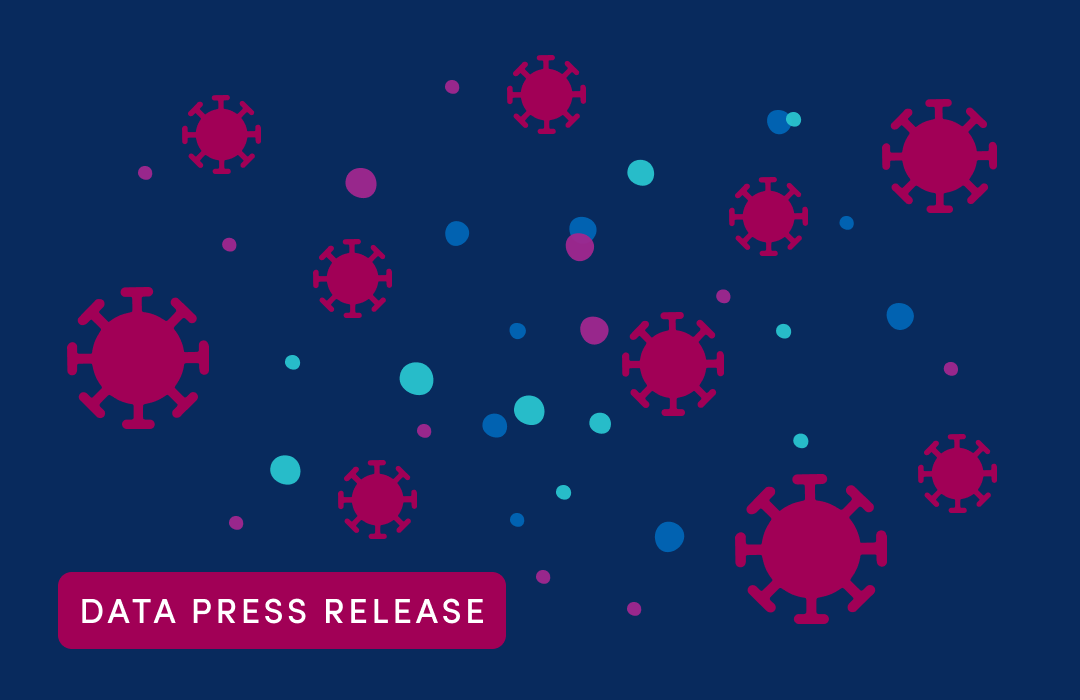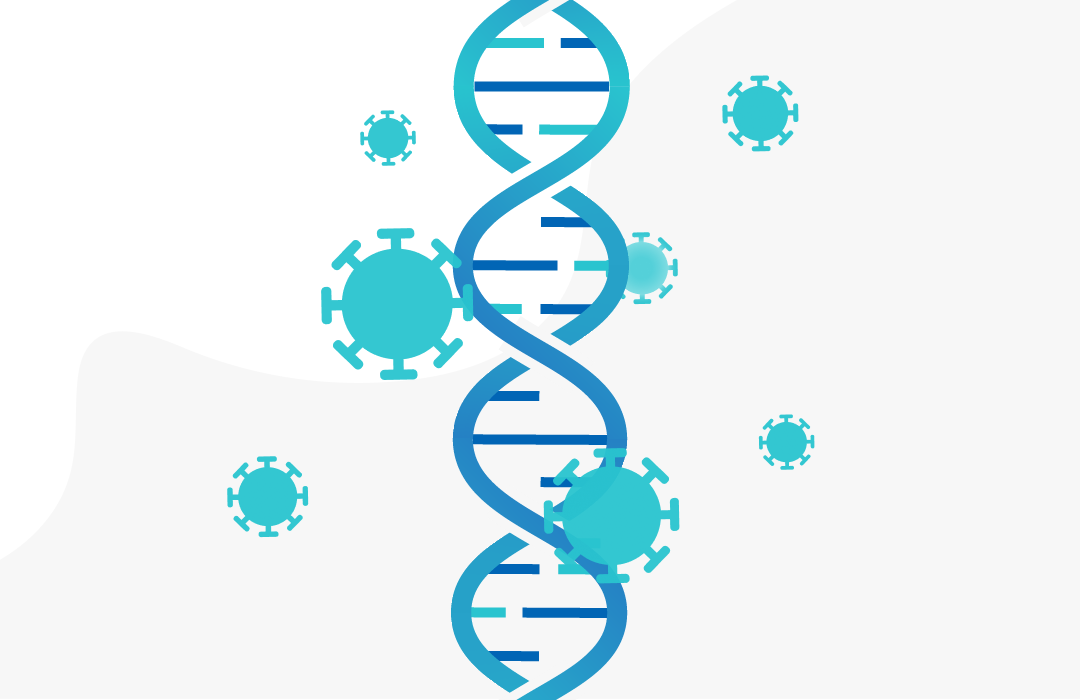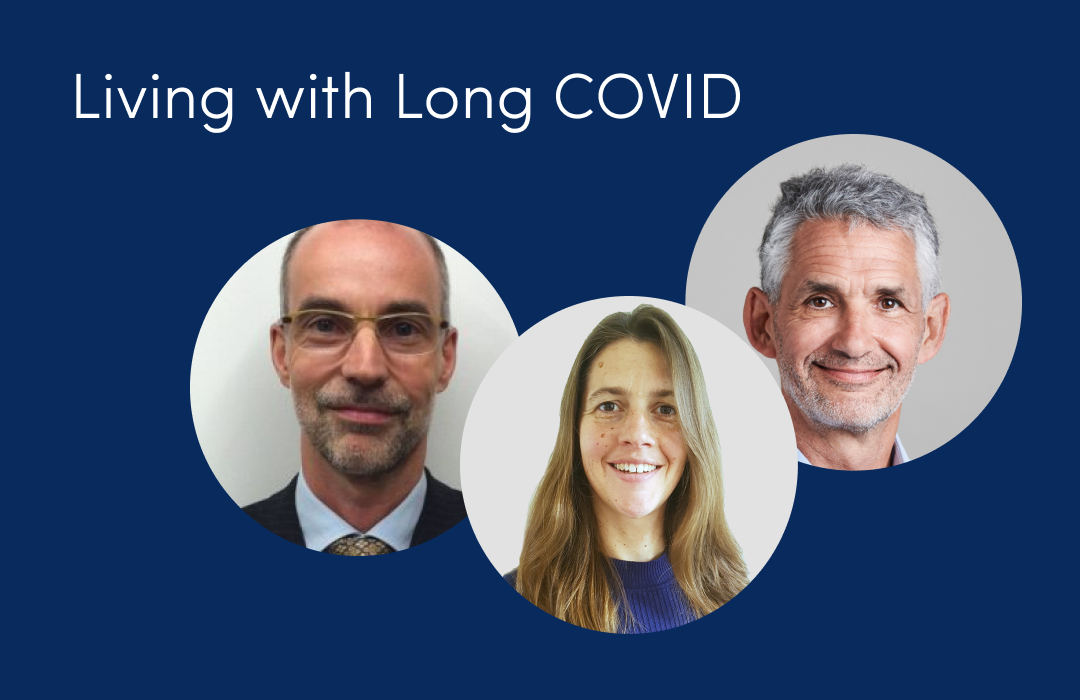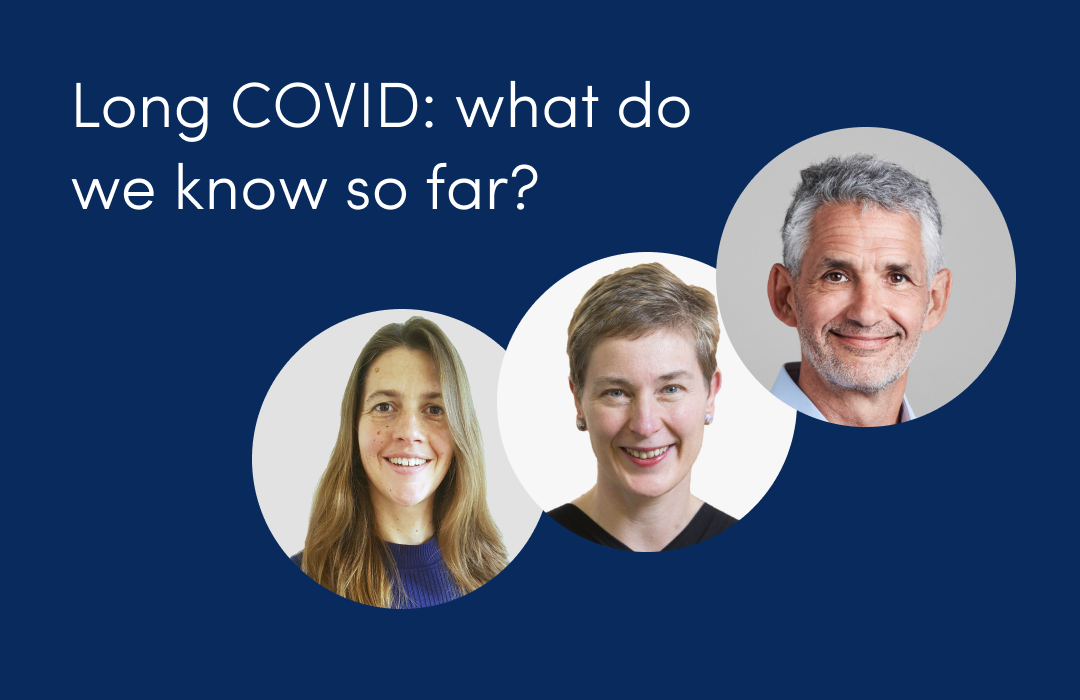.png)
Research shows some vitamin supplements may have a small effect on COVID-19 risk
December 1, 2020

This article has not been updated recently
Many people think that taking vitamins and other supplements can help maintain a healthy immune system. At the beginning of the pandemic, sales of supplements skyrocketed and vitamin shelves were stripped bare as we tried to prepare ourselves.
It’s true that some nutrients like vitamin D play key roles in our immune systems, but can taking supplements really help ward off COVID-19?
To find out, we asked users of the ZOE COVID Symptom Study app to tell us about the supplements they have been taking during the pandemic. 1.4 million of you took part, forming the biggest study to date on vitamin supplementation and COVID-19 risk.
In this post, lead researcher, Dr. Cristina Menni, and Professor Tim Spector share what we’ve learned from your data and whether it’s worth taking supplements during the pandemic.
Your data showed a modest protective effect against COVID-19 from some supplements
“We looked for any correlations between taking supplements and reporting testing positive for COVID-19 using a PCR or serology test, or having symptoms predictive of COVID,” explains Cristina.
“We found that multivitamins, vitamin D, omega-3, and probiotic supplements all had a small protective effect against testing positive for the virus,” she says. “By contrast, we saw no protective effect at all for the other supplements we looked at like vitamin C, garlic, and zinc.”
However, when Cristina and her team broke down their results according to gender, they saw an interesting pattern.
“We found that multivitamins, vitamin D, omega 3, and probiotic supplements all modestly helped protect women, but we didn’t see the same consistent protective effect for men. That was a surprising result,” says Cristina.
Cristina explains that the supplements may offer more protection for women because of the differences in immune systems between males and females.
“It may also be down to reporting bias, with one gender reporting their supplementation more accurately, or another factor that we haven’t been able to adjust for,” she adds.
The full results were published this week as a pre-print and have been submitted to a scientific journal for review.
Is the protective effect of supplements against COVID-19 down to ‘healthy bias’?
While the study found a small correlation between supplements and reduced COVID-19 risk, this doesn’t confirm that supplements are actually responsible.
People who take vitamins and other supplements may also be more likely to take better care of their overall health and engage in steps to avoid the virus, like wearing masks and frequent hand washing. This so-called ‘healthy bias’ could explain why people who took supplements were less likely to catch the virus.
“If our results were only a reflection of the healthy bias effect, we would expect to see an effect from all the supplements we looked at, but we only see a protective effect from multivitamins, vitamin D, omega-3 and probiotics,” says Cristina
“What’s more, we adjusted our data to account for lots of potentially confounding factors that may reflect the ‘healthy bias’ like smoking, healthcare status, diet, income, BMI, age and underlying health conditions, and the correlation remained significant,” she explains.
Should you take vitamin supplements to protect against COVID-19?
Vitamin D has attracted particular attention during the pandemic, with several reports suggesting that vitamin D deficiency may be a factor in severe COVID-19. One went so far as to claim that people with low vitamin D levels are ‘almost certain to die’ from the disease (which, just to be clear, isn’t true).
But while some studies have drawn a connection between vitamin D deficiency and increased COVID-19 risk, other work has called these links into question.
Although our latest results are intriguing, they’re a long way from definitively proving that supplements can cut your chances of getting the virus.
“Our research is an observational study and not a clinical trial, so it is quite speculative, and we can’t make strong recommendations based on the data we have,” says Cristina. She highlights that the study relied on people reporting which supplements they take, which could be imprecise and influence the results.
“We need large randomised controlled clinical trials to determine whether supplements have a real effect on COVID risk, and several studies investigating the effect of vitamin D are underway. Until we have further evidence about the role of supplements in COVID prevention, we recommend following NHS guidance on vitamins usage, as part of a healthy balanced diet” she says.
Professor Tim Spector, ZOE COVID Symptom Study app lead and author of two books about nutrition, agrees that there isn’t enough evidence to support taking vitamin supplements to protect against COVID-19.
“Many people think that taking vitamins and other supplements can help maintain a healthy immune system, but spending your money on supplements in the hope of trying to avoid getting COVID-19 is largely unjustified. You’re better off focusing on getting a healthy diet with diverse fresh vegetables and fruits, which should give you all the nutrients you need for a healthy immune system.
Over the weekend, the government announced it would be providing 2.7 million vulnerable individuals in England to be offered free winter supply of Vitamin D. Based on our research, we cannot tell whether vitamin D supplements will have any real impact on these high risk groups.”
Find out more:
- You asked: Should I take vitamin supplements for COVID-19? - ZOE COVID Symptom Study
- COVID-19 rapid evidence summary: vitamin D for COVID-19 - NICE
- Identifying optimal combinations of symptoms to trigger diagnostic work-up of suspected COVID-19 cases in vaccine trials: analysis from a community-based, prospective, observational cohort - Pre print of paper on MedRxiv
- Does vitamin D protect against COVID-19? - Health Data Research UK












.png)


.jpg)














.png)







%202.png)
.png)


















.png)






